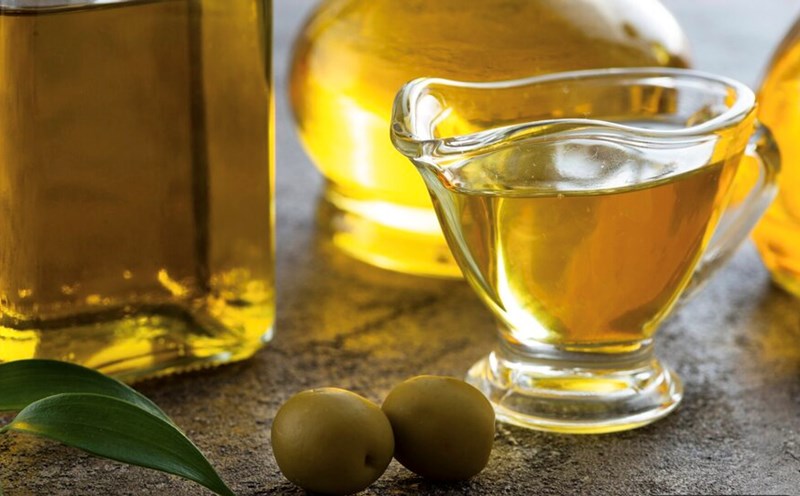According to Dr. Manjusha Agarwal, senior consultant at Gleneagles Hospital Parel Mumbai (India), leaving plastic bottles in cars in the hot weather is a popular habit but has potential risks. When heated, plastic can leak substances such as Bisphenol A (BPA) and antimon into the water.
These chemicals can cause hormonal imbalances, affect the metabolism, disrupt hormone function and increase the risk of cardiovascular disease, insulin resistance, and even cancer if exposed for a long time.
Dr Rituja Ugalmugle from Wockhardt Hospital, Mumbai Central (India) added that most plastic bottles use PET plastic (polyethylene terephthalate), which is not designed to withstand heat. When exposed to high temperatures, PET can break down and release toxins into the water. Even in small doses, continuous exposure can lead to a buildup of toxins in the body, irritating the digestive tract and affecting internal organs.
In addition, the heating process also creates microplastics, extremely small particles that can enter the body, accumulate in the organs and cause inflammation or long-term health problems.
Experts recommend that people should not reuse plastic bottles, especially in high- Temperature environments such as inside cars.
Instead, switch to using glass bottles or stainless steel bottles, which are healthier and more environmentally friendly options. Bringing a water bottle from home is also a simple but effective way to reduce the risk of exposure to toxic substances from plastic.
With clear warnings from experts, it is time for consumers to change their habits and have a clearer awareness of the potential risks of using plastic bottles incorrectly.











